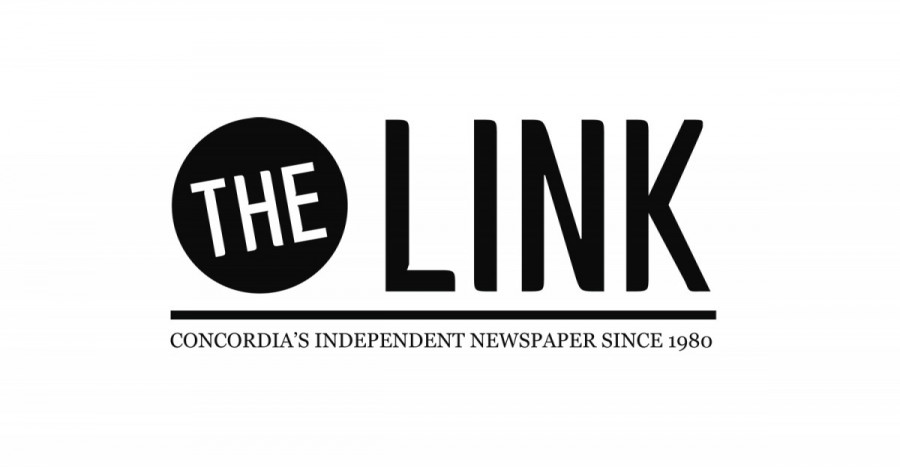“Dr. Shepard’s Salary Is Not Out of Line.”
As President of one of the largest labour and faculty associations at Concordia, the Concordia University Part-time Faculty Association, I take issue with the article “Paying the President” published in The Link on Oct. 16, 2012.
While I do not share Noam Chomsky’s entire thesis about the media in his infamous Manufacturing Consent, his attack on the selective compassion the media demonstrates on public policy in particular is evident in The Link’s article about the salary allocated to Dr. Alan Shepard, Concordia’s new president and vice-chancellor.
One cannot select some facts to manufacture half-truths and ignore others. Context is critical. To the dismay of many, it is what our current media does with issues like labour, the environment—or, as we recall, the abysmal selective reporting about the recent Quebec student “strike.”
We can decry apparently large salaries when we see them absent from the context they were created under, but we should recognize that Concordia’s need for its new president was likely greater than his need to come here.
We must further realize that salaries in Ontario are generally higher than here in Quebec and, whatever it may look like from the outside, Dr. Shepard’s salary is probably within the range of a “competitive rate.”
No one who is in public service is comparatively paid what is warranted. The salaries given to lead and manage a public institution are a small pittance compared to the corporate salaries of, say, bank presidents.
As well, publishing the salaries of other university presidents in Quebec would have provided some meaningful context.
Dr. Shepard’s salary is not out of line. There was little or no comparative analysis provided to readers of other university presidents, or some enlightened comparisons of the salaries doled out to corporate presidents vs. university presidents—or even hospital presidents.
This type of information would have been vital for readers to then arrive at an informed opinion.
An informed opinion is a valuable commodity itself at Concordia, as our institution takes steps to restore good governance and rebuild its collective faith in our mission.
A cornerstone to informed opinion is transparency, and on this score we must applaud the actions of the Board of Governors and our new president to be forthcoming on the details of this new contract.
Many of the recommendations of the Shapiro Report, the recent audits about the contracts awarded to senior administrators and the financial data which is now provided (see financial documentation of Senate meeting of Sept. 14) are marked improvements on what was once denied in the past.
Though some may have forgotten it, the context with the departure of our last University president, was one of transparency, the right to know and the millions wasted with the golden parachutes that accompany such departures.
Perhaps the greater question is whether the model of dependency and the imposed corporatization on institutions of higher learning that have been established by governments are actually benefitting anyone.
Concerns were not limited to the most senior of administrators, but more so the hundreds of senior staff who have been politely badgered to leave or retire. Over one-third of the Association of Concordia University Management and Administrative Employees’ members have been let go—at incredible costs.
The worst of these departures has been the destruction in the last 10 years of collective memory and of a university community that once had a heartbeat. A Concordia community that took decades to weave has become unraveled.
New bureaucrats are hired from outside the university, while others get promoted to positions that were once for faculty who administrated the institution that they were loyal to.
Our faculty, whether tenured or part-time, are ignored and no longer respected to run the academy they share with other stakeholders—the students they serve.
If you take the bargaining tables of the university’s negotiating team for CUPFA as an example, you will note that no one is an academic or represents academic perspectives on substantial issues.
Worse, little is even understood of whether the administration of any particular article advanced will be successful. Many of the articles in our current collective agreement are not properly administrated now.
At one time, all the negotiators on a university’s bargaining team for the faculty associations were composed of academics, and for good reason.
The number of unions on campus speaks to the lack of faith in the community and in the public good. In such a climate, there haven’t been any developments to credibly establish that any union or association can successfully go forward.
Concordia has offered its new president a salary that is both within the range of the competitive rate and reflects our estimation of his skills and ability to lead us forward. We have the right to expect that he is deserving of that salary and to hold him accountable for his leadership.
We expect that he will in turn extend that same respect to all the constituents of the Concordia community; to recognize the importance of members from each sector: students, staff, part-time and full-time faculty—and fight to give them their best valuation.
In the past, administrations have been too willing to accept generous salaries, cost-of-living adjustments and other benefits for themselves, only to turn around and say to others that “budgets are tight and we must all sacrifice.”
We hope that our new president will not embrace this too-familiar refrain and instead prove to us that he can find a budget solution that is a “win-win” for all.




_600_375_90_s_c1.jpg)

